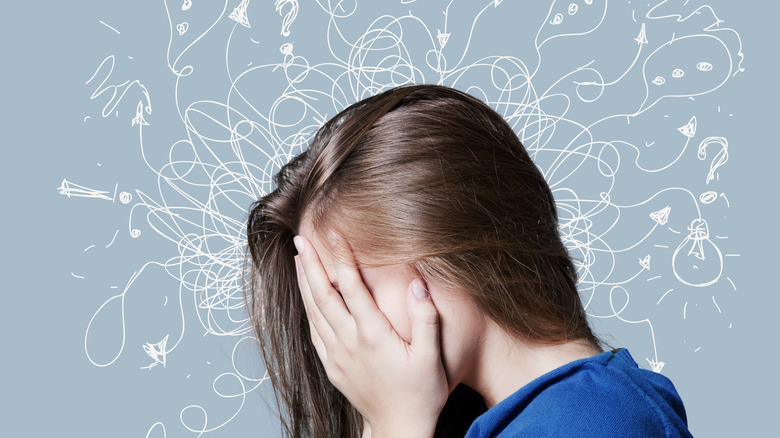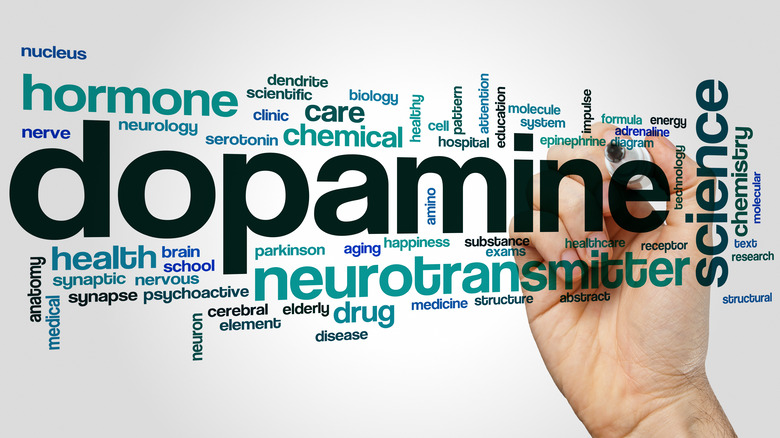
Billion Photos/Shutterstock
By Rachel Dillin/Sept. 7, 2021 4:16 pm EDT
If you or somebody you know has attention deficit hyperactivity disorder (ADHD), chances are you’ve tried to learn something about living with it or treating it. Healthline reported that people with ADHD have trouble maintaining attention and/or may have periods of hyperactivity. As many as 8.8% of U.S. children and 2.5% of U.S. adults have an ADHD diagnosis. The symptoms they experience might interfere with their daily lives. While scientists aren’t sure what causes ADHD, they suspect brain differences account for the sometimes problematic symptoms.
According to Psych Central, some medications that treat ADHD target the brain’s neurotransmitters, and the drugs often target symptoms like impulsivity or trouble focusing. One such neurotransmitter is dopamine, which plays a role in experiencing happiness and pleasure. If you have ADHD, you might have lower dopamine levels than your neurotypical counterparts, according to a 2008 study. So how are ADHD and dopamine possibly connected? Read on to find out.
Here's how dopamine may play a factor in ADHD

While dopamine is responsible for your feelings of pleasure and reward, a lack of it could play a role in ADHD (via Healthline). This neurotransmitter also allows you to regulate your emotions and take specific actions to experience a reward. Psych Central reported that many medications used to help you manage the symptoms of ADHD are stimulants or antidepressants, which increase dopamine levels in the brain, leading to increased ability to focus.
Although scientists aren’t sure about every risk factor for ADHD, they know that one risk factor is decreased dopamine levels, which is why you may find relief by increasing dopamine levels in your brain. The association between ADHD and dopamine is a promising area of research, and medication isn’t the only way to improve yours. Healthline recommended trying something new, making a list and completing it, listening to music you love, exercising regularly, and doing meditation or yoga. If you have any questions, it’s essential to discuss the situation with your doctor to determine which type of treatment might work best in your case.
Source: Read Full Article
